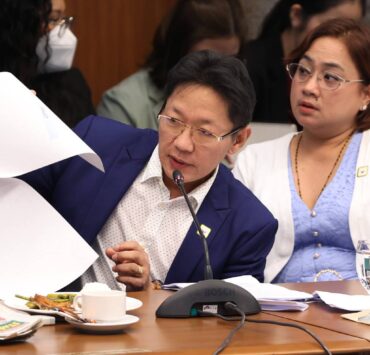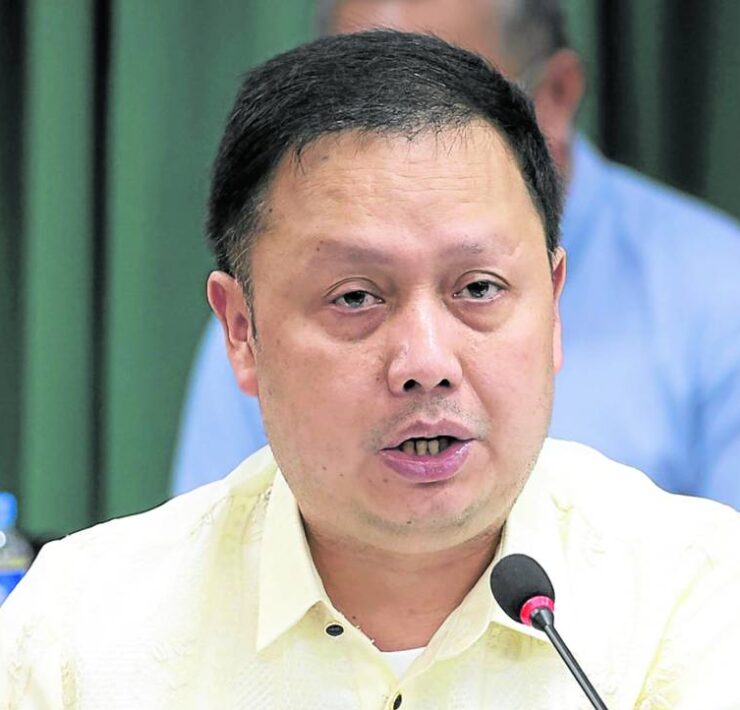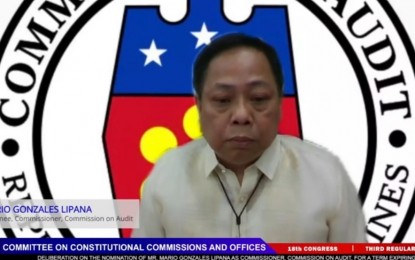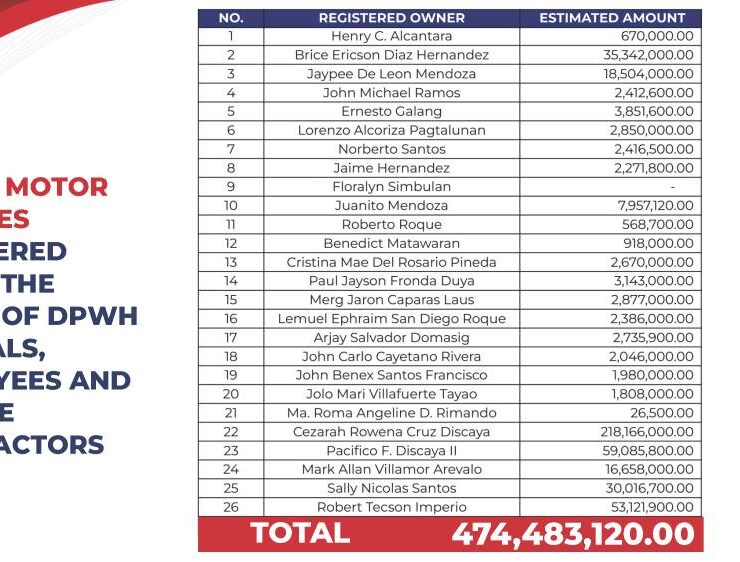Abad: ‘Unprecedented’ P1.45-T congressional insertions in GAA

Congressional insertions in the national budget under the Marcos administration may have already ballooned to unprecedented levels, and could reach as much as P2 trillion between 2023 and 2025, former Budget Secretary Florencio “Butch” Abad warned on Wednesday.
Abad told the Inquirer the amount included at least P1.445 trillion in congressional cuts and reallocations when comparing the National Expenditure Program (NEP) to the enacted General Appropriations Act (GAA) for that period, along with an estimated P600 billion in flood control projects added at the NEP stage.
He was referring to revelations in congressional inquiries into anomalous infrastructure projects that senators and House of Representatives members have been proposing flood control projects as early as the budget preparation stage in collusion with Department of Public Works and Highways (DPWH) officials.
Off-limits
“I’ve been involved in more than 20 budget processes in my life, and I’ve never seen this (level of insertions) happen. This is the first time,” said Abad, who served as the budget secretary of former President Benigno “Noynoy” Aquino III. “And it’s possible that the number is actually bigger since we’re just counting flood control. Can you imagine what the other programs would entail in terms of additional costs?”
Historically, said Abad, Congress hardly makes major changes to the budget submitted by the executive to ensure that public funds are aligned with the President’s macroeconomic plans.
“Considering the magnitude of the budget cuts involved, and considering that they happened not once, not twice, but thrice, I think there is no excuse (for the executive). They have to know. Especially since they undermine the direction set by the DBCC,” he said, referring to the Development Budget Coordination Committee, which prepares the budget.
Abad recalled that under Aquino, Malacañang made clear that certain budget priorities—social services and agriculture—were off-limits to congressional tinkering.
Flood control, Akap
On the other hand, he pointed out, Mr. Marcos seems to have allowed a surge in allocations for aid programs, such as the Ayuda para sa Kapos ang Kita Program (Akap) alongside massive flood control budgets.
In 2024, Congress realigned P564.5 billion from foreign-assisted projects, or FAPs (P242.1 billion); pension and guarantee funds (P110.3 billion); miscellaneous personnel benefit fund (P106.1 billion); Philippine Health Insurance Corp., or PhilHealth (P40 billion); calamity funds (P10 billion), and the Armed Forces of the Philippines modernization program (P10 billion), among others. These amounts were then inserted into flood control projects (+P28.9 billion); and Akap (+P26.7 billion, from zero).
SC ruling
In 2025, huge cuts from the Department of Agriculture (P22.4 billion); Department of Education (P12 billion); Department of Health (P25.8 billion), and PhilHealth (P74.4 billion) were diverted to, among others, Akap (+P26 billion, again from zero); the House of Representatives (+P17.3 billion); Office of the President (+P5 billion), and Senate (+P1 billion).
“Even if it happened once, with billions diverted, you would already be suspicious,” Abad said. “But it happened in 2023, it happened again in 2024, and still in 2025. You can’t just say that’s Congress’ fault. The executive also failed to do its job.”
Abad speculated that the landmark 2013 ruling that struck down pork barrel as unconstitutional could have driven both chambers to be more creative with insertions.
“When the Supreme Court said lawmakers cannot intervene in the budget execution, what they did was they started intervening even while the budget was still being prepared (at the NEP level) and making suggestions about what to include in the budget.”
Flood control projects became the favored vehicle for questionable insertions, since they are both politically attractive and easy to manipulate, he said.
“You can give so many excuses for not seeing ditches or canals or drainage systems because you can just say this is the consequence of being battered by storms and typhoons,” Abad said.
He also criticized the growing misuse of unprogrammed appropriations (UA), which are supposed to be standby authorizations that can only be tapped when new revenue or loans materialize.
‘Big no-no’
ACT Teachers Rep. Antonio Tinio has estimated that UA under the Marcos administration has ballooned from only P75 billion in 2018 to P807 billion in 2023.
In practice, however, the UA is now being used to mask deep cuts in the budget, Abad said.
“The reason it is ballooning is because … [Congress] is cutting funding for regular programs or projects and then using it as insertions for other projects and other programs, and the cut projects are then dumped into the unprogrammed fund,” he explained.
What this implied, Abad said, was not that the government now had more funds to spend on more projects, but “indicates that the amount being cut to be used for congressional insertions is ballooning.” This could result in projects under the UA not being implemented because the Philippines rarely exceeds the target revenue needed to trigger it.
The practice, he warned, has even affected projects funded by foreign loans and are supposed to have counterpart funding from the Philippine government and which Abad said “should have been the hardest target for cuts.”
“Why would you touch money that is covered by a loan agreement? That’s one of the first no-no’s,” he said. “If the government cancels or delays them, we not only lose the project but also pay penalties and damage our credit standing.”
Political leadership
In 2024 and 2025, funding for FAPs were slashed even though the Department of Budget and Management requested P246 billion and P215.6 billion, respectively. In 2024, FAPs got only P4 billion; in 2025, P150 billion worth of FAPs were left unfunded and pushed to the UA.
“(It really comes down) to the exercise of political leadership,” Abad said. “The professional bureaucracy looks at whether the elected bureaucracy is serious. If they see the executive tolerating billions in cuts and insertions in the first year that they do the budget, [they begin] to loosen up on fiscal discipline … they get emboldened and they commit impunity.”





















